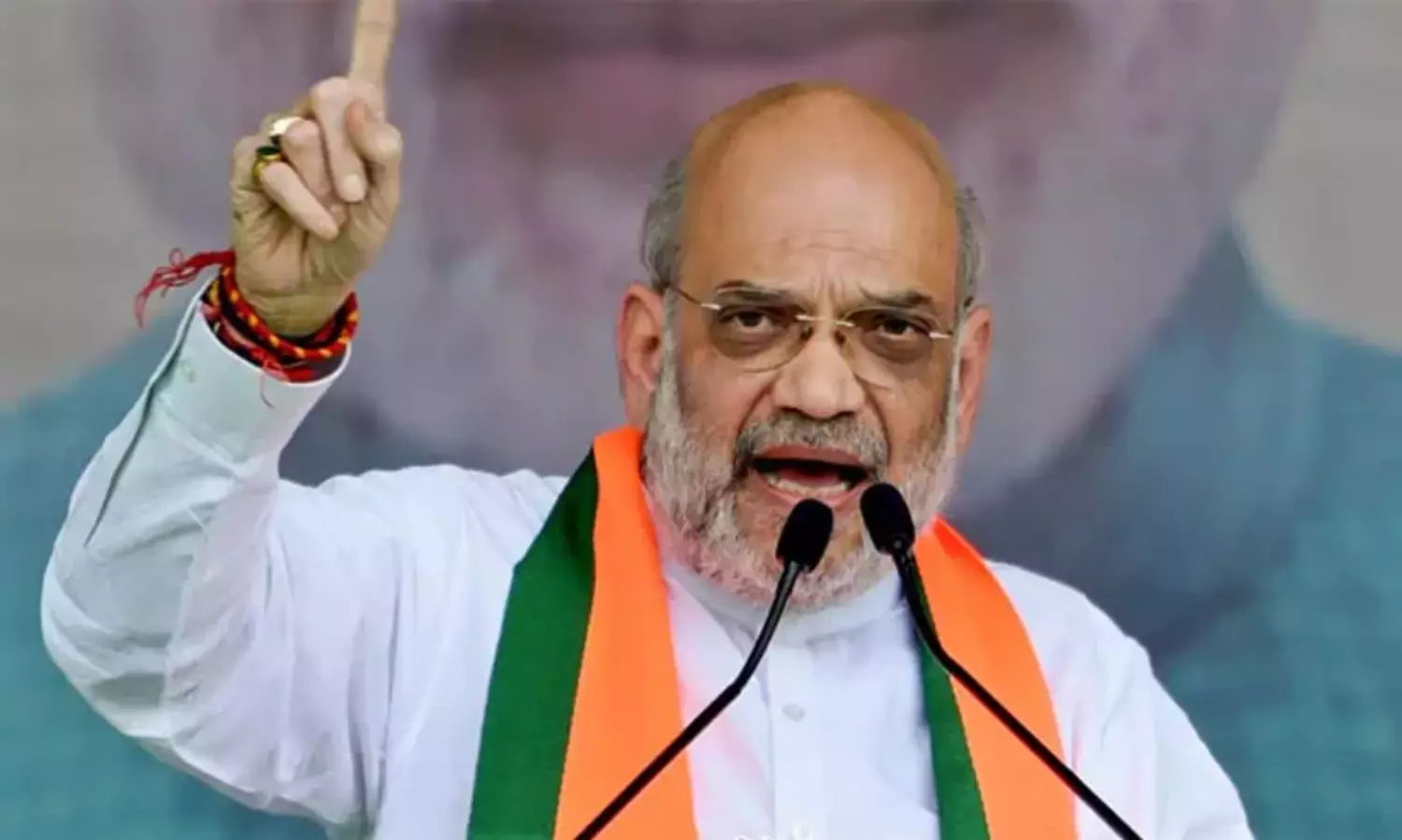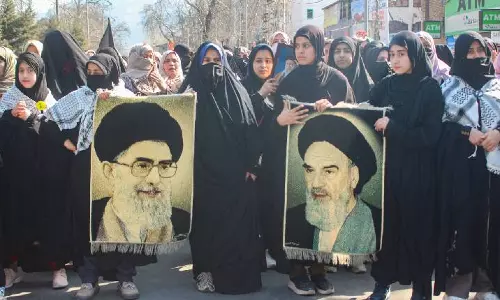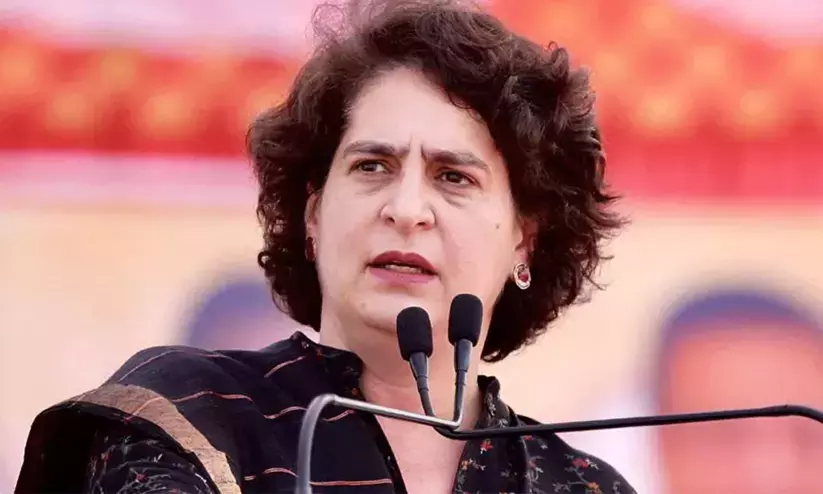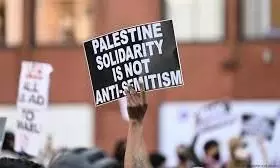
Pro-Palestine protests spread across top US universities despite arrests
text_fieldsWashington: The ongoing pro-Palestine encampment at Columbia University continues to resonate across the United States, with similar student-led movements emerging at other prestigious universities.
Despite recent arrests and suspensions at Columbia, the crackdown has only intensified the students' resolve.
Following the initial protests at Columbia University, student activists across the country have taken up the cause, organizing encampments, building occupations, and rallies at their respective campuses. Even as institutions like Yale, MIT, and NYU attempt to quell these protests, their efforts have not been successful.
Pro-Palestinian demonstrations have gained traction at universities including UC Berkeley and the University of Michigan.
At Columbia University, negotiations between the administration and protesters have hit a stalemate, leading the authorities to transition classes to a hybrid learning mode for the remainder of the Spring semester.
Meanwhile, at New York University, 133 protesters faced arrest after allegedly throwing bottles at the police during efforts to clear encampments. Released later with summonses for disorderly conduct charges, the arrests drew criticism from Byul Yoon, an NYU law student, who questioned the restrictions on their expression. "Why are we not allowed to be here? Why are we not allowed to express ourselves?" she asked. Yoon further emphasized their demands, stating, "We're here to maintain a presence and to demand that the university divest from weapons corporations and from the Israeli occupation."
MIT student Quinn Perian shed light on the school's ties to the violence in Gaza, revealing, "They've [MIT] had over $11 million allocated in investments for projects directly relating to the Israeli Ministry of Defense in the past decade. MIT is building the weapons that Israel and the Israeli military are using to terrorise and to bomb the Palestinians in Gaza."
UC Berkeley student and protest organizer Malak Afaneh expressed the protesters' determination, saying, "Quite frankly, we're going to be here until we achieve divestment. We're willing to risk suspension. We're willing to risk expulsion. We're willing to risk arrest."
At Yale University, negotiations with protesters were declined, leading to police intervention and the arrest of about 60 individuals, including 47 students.
Harvard University took preemptive measures to control protests by restricting access to its Harvard Yard and warning against unauthorized encampments. Despite these efforts, a student group, 'Harvard Undergraduate Palestine Solidarity Committee,' faced suspension for violating university policies.
The momentum of these protests suggests they are far from waning. Each attempt to quash the movement appears to galvanize more individuals, further fueling the pro-Palestinian cause.























